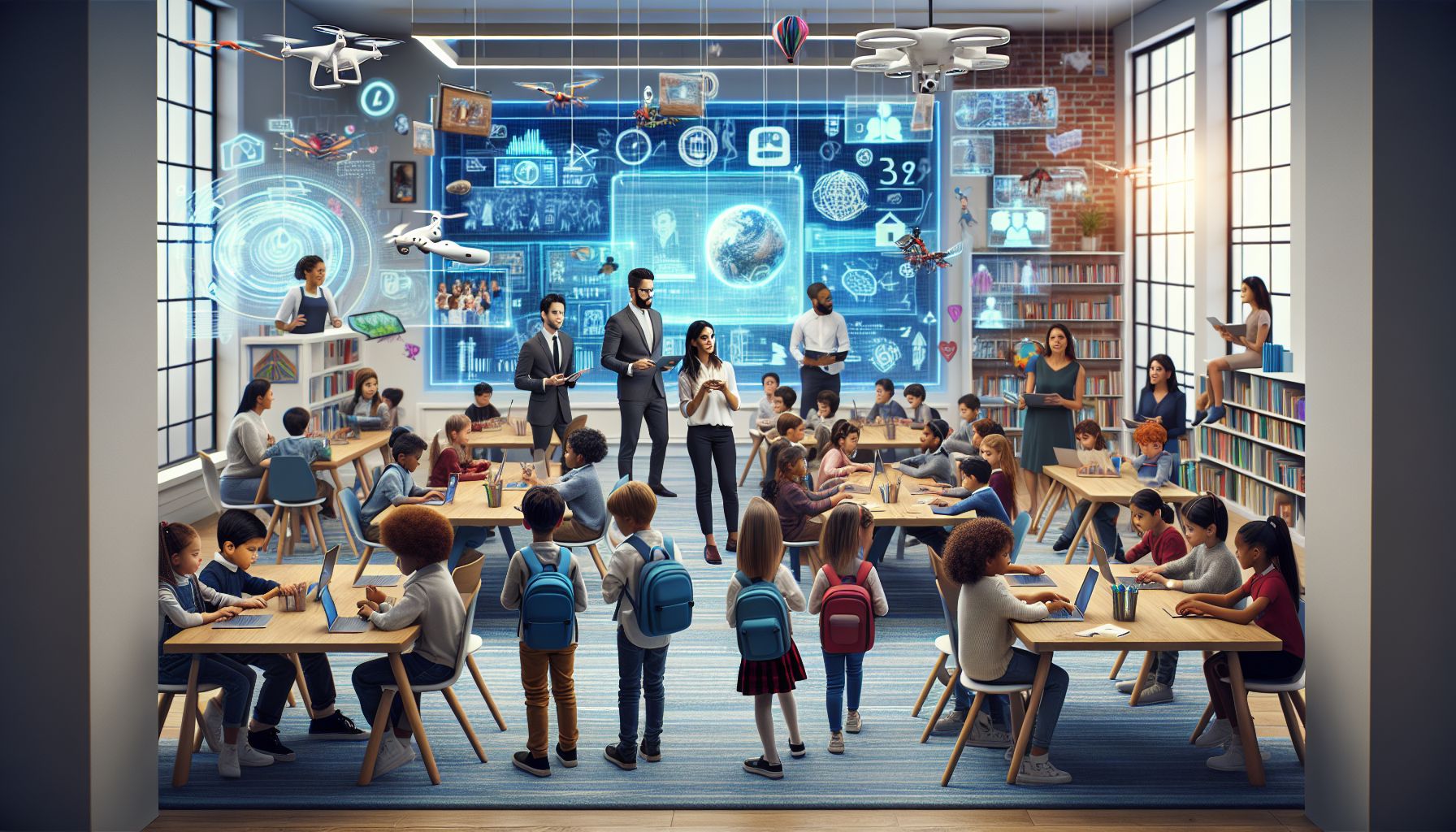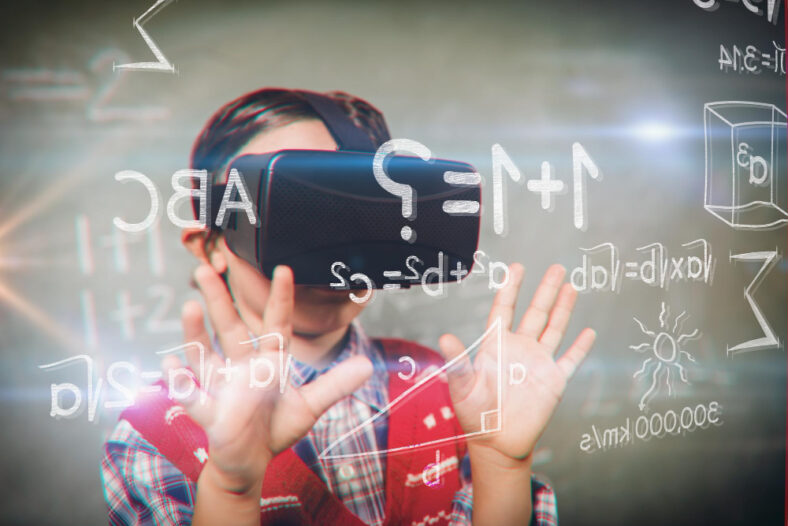The rapid advances in technology have permeated every aspect of our lives, transforming the way we communicate, work, and even learn. Recent developments in the tech sphere have had a profound impact on education globally, opening up endless possibilities for learners and educators alike. From Artificial Intelligence (AI) to cybersecurity and virtual reality, these innovative advancements have revolutionized the educational landscape. In this blog post, we will delve into the exciting trends driving the future of education, highlighting the transformative strategies that are shaping the sector.
Technological Advancements in Education: Unleashing the Power
Embracing Artificial Intelligence (AI)
Artificial Intelligence has emerged as a game-changer in education. AI-powered tools and platforms facilitate personalized learning experiences, catering to individual needs and abilities. Adaptive learning systems, backed by AI algorithms, analyze vast amounts of data to create tailored curricula and offer targeted interventions. For instance, platforms like Khan Academy leverage AI to provide personalized recommendations to students, ensuring they receive content suitable for their learning pace and style.
Safeguarding the Digital Realm: The Role of Cybersecurity
As technology plays an increasingly dominant role in education, the need for robust cybersecurity measures becomes paramount. Institutions are now investing heavily in cybersecurity frameworks to protect sensitive student data and ward off potential cyber threats. Education-focused cybersecurity companies, such as K12 Insight, are leveraging advanced AI algorithms to detect and mitigate risks proactively. By fostering a secure digital environment, these advancements enable learners to explore the online realm without compromising their safety.
Engaging Learners through Virtual Reality
Virtual Reality (VR) has gained significant traction in the field of education, offering immersive and interactive experiences that transcend traditional learning boundaries. From virtual field trips to 3D modeling of complex concepts, VR brings lessons to life, revolutionizing the way students absorb information. For instance, platforms like Nearpod leverage VR to transport students to virtual science labs, historical landmarks, and even outer space, making learning a truly captivating experience.
Transformative Strategies Shaping the Sector
The power of technology lies not only in its ability to enhance traditional approaches but also in its potential to revolutionize education through transformative strategies. Let’s explore some real-world instances where these strategies are shaping the sector.
Flipped Classroom: Turning the tide on conventional learning
The flipped classroom model, pioneered by Salman Khan of Khan Academy, redefines the role of the educator and empowers students to take control of their learning. By shifting traditional lectures outside the classroom through pre-recorded videos, students can engage in productive discussions and collaborative activities during class time. This approach promotes active learning, critical thinking, and enhances student-teacher interactions, thereby maximizing the educational experience.
Gamification: Harnessing the power of play
Gamification has emerged as a powerful tool to motivate learners, engage their interest, and make complex concepts more accessible. Educational games, interactive quizzes, and leaderboards promote healthy competition and collaboration among students. Platforms like Classcraft incorporate role-playing elements to foster teamwork, problem-solving, and resilience – skills crucial for success in the rapidly evolving job market.
The Future of Education: Unlocking the Potential
As we move forward, we can anticipate massive shifts in the education sector driven by technological advancements. Here are a few trends and potential developments to watch out for:
- Personalized Learning: With AI becoming smarter and more adaptive, personalized learning will become even more pervasive, ensuring that every student receives a customized education experience tailored to their unique strengths and weaknesses.
- Augmented Reality (AR): Building upon the success of VR, AR is projected to revolutionize classroom environments by overlaying digital content onto the real world. AR technologies like Microsoft’s HoloLens can transform textbooks into interactive, multi-dimensional experiences, making learning even more dynamic.
- Lifelong Learning: As the nature of work continues to evolve, continuous learning is becoming a necessity. Emerging technologies will enable professionals to upskill and reskill throughout their careers, fostering a culture of lifelong learning.
In conclusion, the recent technological advancements in education have unleashed a wave of transformative strategies, revolutionizing the sector as we know it. From AI-enabled adaptive platforms to immersive virtual reality experiences, the blend of technology and education holds immense promise for the future. As we embrace these innovations and look towards the horizon, we can pave the way for an inclusive, personalized, and lifelong education system that equips learners with the skills and knowledge they need to thrive in a rapidly changing world.



